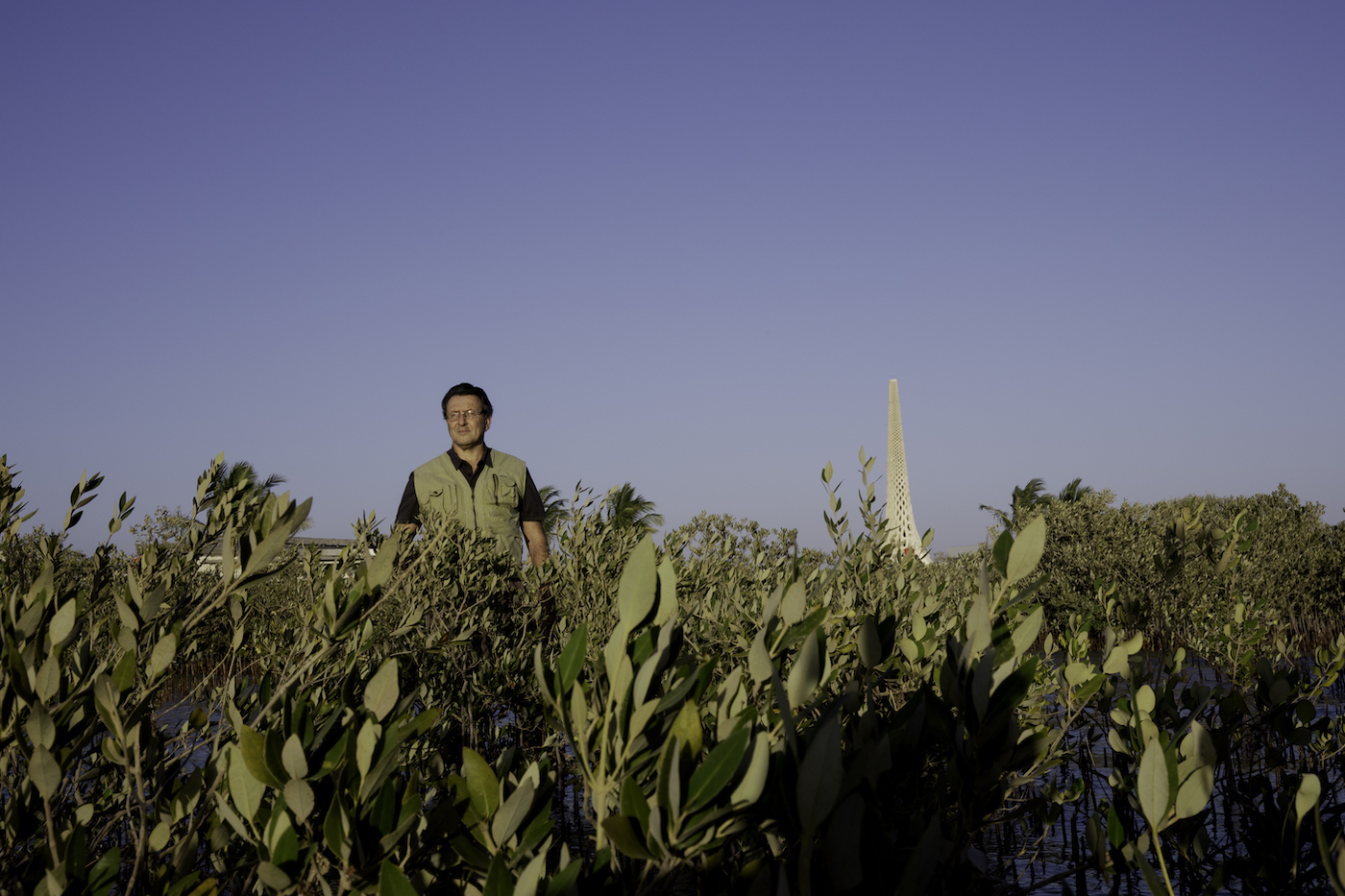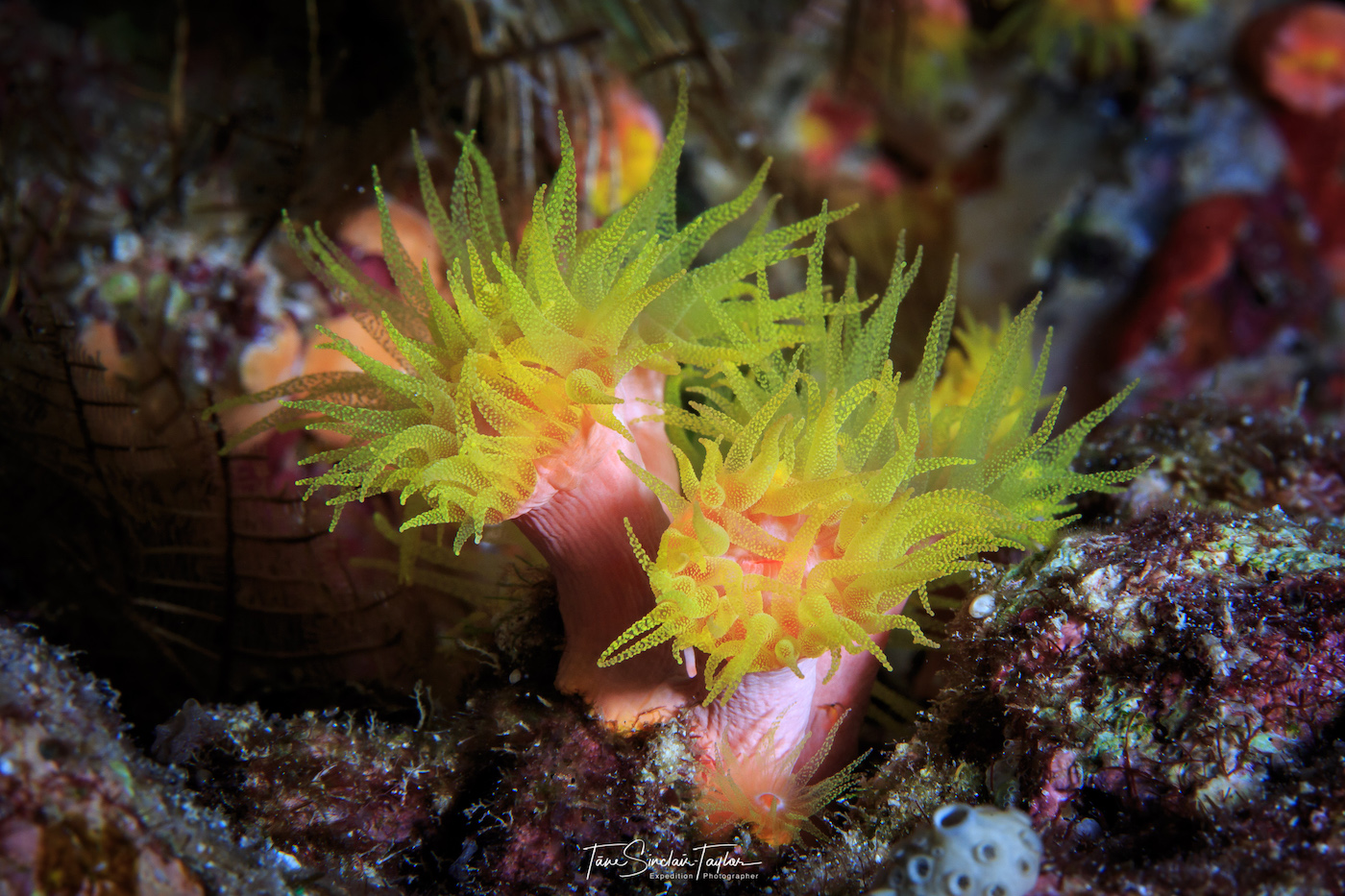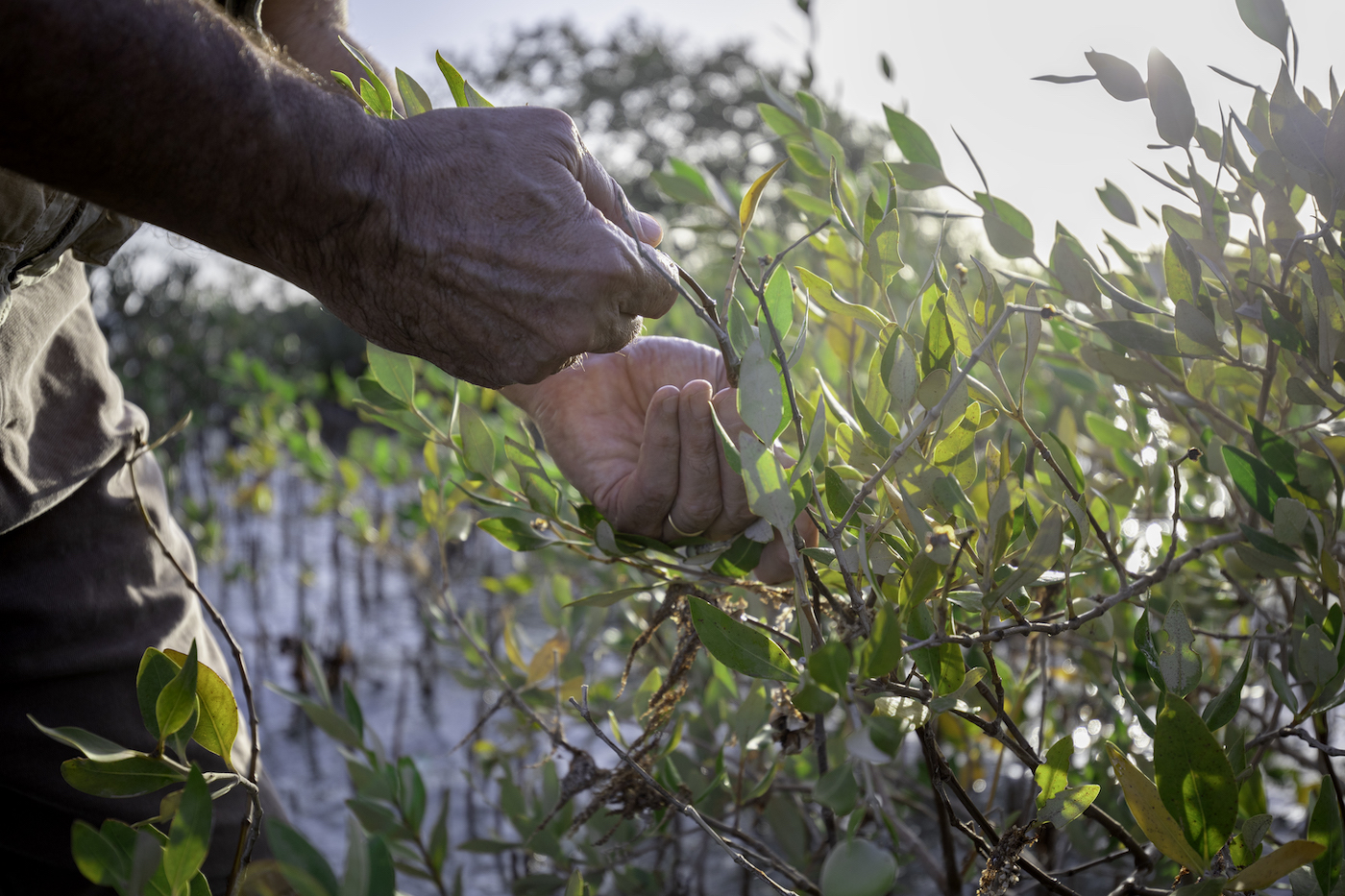KSA Celebrates World Ocean Day stepping up to lead efforts toward a Sustainable Ocean Economy
.jpg?sfvrsn=ba8b80f7_1)
The historic fountain in Jeddah's Red Sea harbor, donated to the city by the late King HRH Fahd bin Abdulaziz Al Saud.
The international media often refers to the Kingdom of Saudi Arabia as the Desert Kingdom. Whereas its magnificent deserts are indeed an element of pride and environmental and cultural significance, KSA is now emerging as a relevant ocean state, with a focus on its two seas, the Red Sea and the Arabian Gulf, stronger than ever before.
2020 was termed the "Super-Ocean" year because of the convergence of a number of processes to yield an international agenda to achieve a Sustainable Ocean Economy, where ocean-based industries would triple their contribution to the global GDP, create millions of well-paid jobs and rebuild marine life, the natural capital from which the benefits from the ocean flow to society. These processes have been postponed, under COVID-19, to 2021, which allows KSA's emerging role as a world leader in ocean sustainability to be fully reflected in the process.
A shared asset
The new focus on the ocean as a pillar of a sustainable economy for the Kingdom comes with its new vision. Vision 2030 identified our shores as a fundamental component of KSA's heritage and a major underpinning for a number of giga-projects, including, from North to South along the Red Sea, NEOM, Amaala and The Red Sea Project, as well as emerging opportunities further south along the Red Sea.

KAUST Professor of Marine Science and the Tarek Ahmed Juffali Research Chair in Red Sea Ecology, Carlos Duarte. By Ryan YangYang.
Recognizing that the Red Sea is a shared asset and that efforts to improve its conservation may be wasted if these are inconsistent across the basin, KSA has launched a new trans-boundary body, The Council of Arab and African Littoral States of the Red Sea and the Gulf of Aden to align policies to achieve a sustainable ocean economy, supported by a number of ongoing processed involving multiple stakeholders in KSA.
Achieving climate stability
At the global scale, the election of KSA to the executive board of UNESCO (2019-2023), provides strong support to UNESCO's Marine World Heritage Sites and UNESCO's International Oceanographic Commission, as it prepares to launch the U.N. Decade of Ocean Science (2021-2030).
The Kingdom is blessed with magnificent deserts but also with the most resilient and healthy coral reefs in the world's oceans, those in the northern half of the Red Sea. Whereas the coral reefs in the Arabian Gulf and the southern Red Sea were impacted by the global "bleaching" event of 2015/2016 that devastated coral reefs across the Pacific and Indian Oceans, those north of Jeddah remained unaffected.

Red Sea coral reefs, and the tremendous biodiversity they support, are an essential pillar of conservation efforts for the Kingdom of Saudi Arabia. By Tane Sinclair.
The Kingdom is committed to contribute to meeting the goals of the Paris Agreement, and has offered the world, also as part of its contributions under the G20 Presidency, the Circular Carbon Economy concept as the key framework to achieve climate stability. In parallel, as custodian to the most resilient and healthiest coral reefs in the world, the Kingdom has stepped up, also under the G20 Presidency to lead G20 nations, holding about 60% of the coral reefs in the world, to jointly devise an initiative to ensure a positive future for coral reefs worldwide.
Environmental stewardship
The elevation of environment to the Ministerial level, with the advent of the Ministry of Environment, Water and Agriculture (MEWA), has led to a number of progressive policies to protect the ocean. The Kingdom recently adopted a new national strategy for environment, which includes restructuring the environmental organization to further strengthen environmental compliance and biodiversity conservation. A new environmental law has also been framed and is expected to be approved in 2020, which will lead to adoption of more stringent environmental standards. MEWA is also rolling a number of new centers and new strategies to improve ocean stewardship and conservation, which should remove other pressures on coral reefs and improve their conservation.
These efforts are supported by a major increase in the capacity of institutions in marine science and technology, led by a number of high-performing institutions, such as KAUST, a leading institution in global marine and coral reef research; KFUPM with an outstanding record of applied research in the Arabian Gulf and the Red Sea; KAU carrying the longest-lived program of research in the Red Sea through its Faculty of Marine Science; and KACST through centers contributing with remote sensing and biodiversity assessments.

KAUST Professor of Marine Science and the Tarek Ahmed Juffali Research Chair in Red Sea Ecology, Carlos Duarte. By Ryan YangYang.
For World Ocean Day 2020, I celebrate the rise of the Kingdom as a global leader in the promotion of ocean sustainability and a nation that recognizes the seas flanking its deserts as major, but vulnerable, assets. The global community is also discovering that the Kingdom is a committed custodian of marine life, delivering to the world a new strategy to rebuild marine life globally, and leading efforts to secure a future for the world's coral reefs.
Related stories
- Explorers reach the deepest point in the Red Sea
- Helping corals survive in the Red Sea
-
Aiding sustainable conservation of the Red Sea

